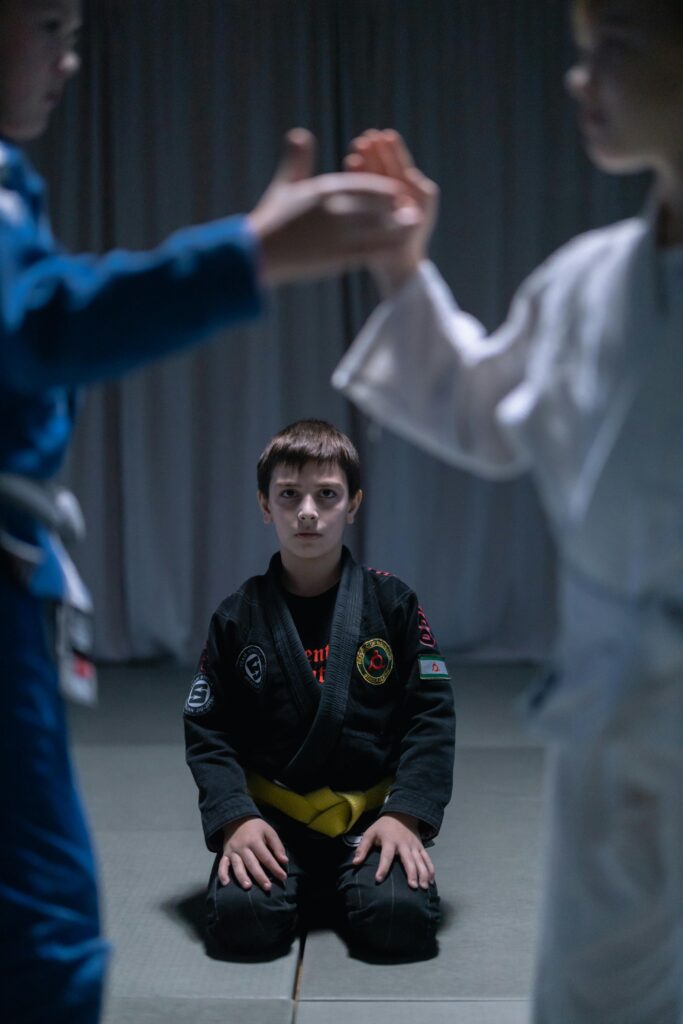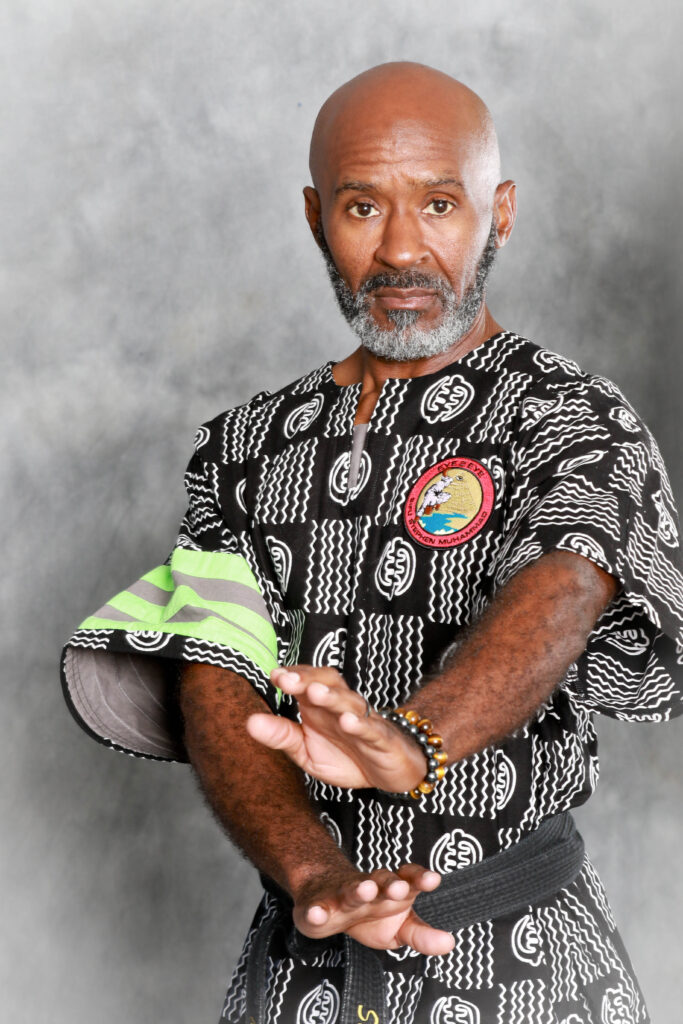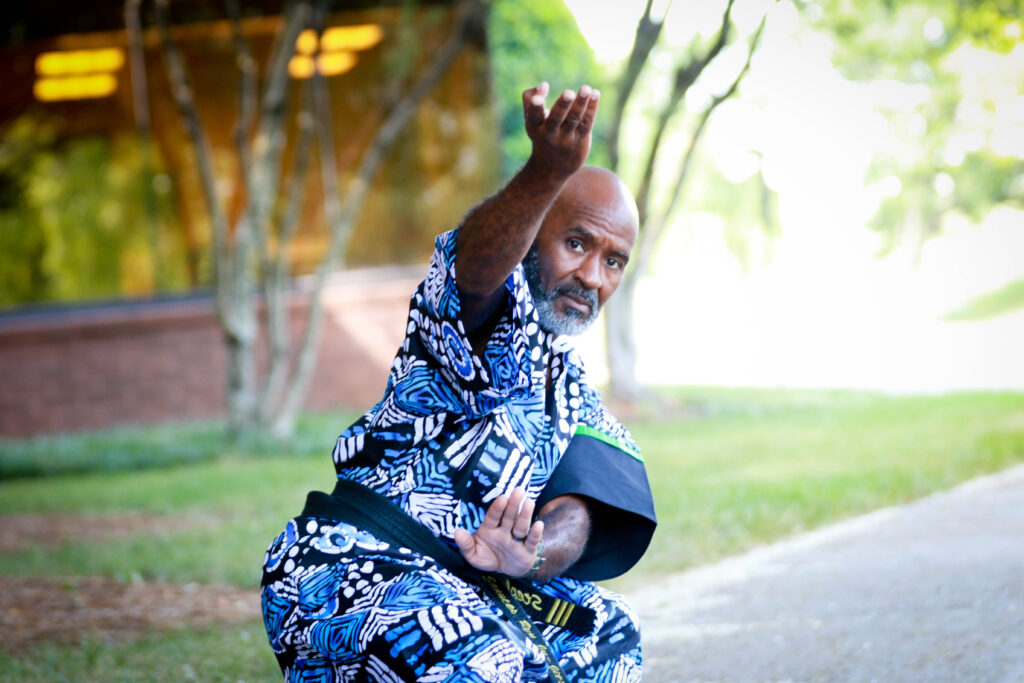If you’re looking for a way to help your child grow in more ways than one, martial arts may be one of the best choices out there.
I’ve seen firsthand how powerful this training can be in shaping not just a child’s physical abilities but their confidence, focus, and overall outlook on life.
Understanding the long-term benefits of martial arts for kids might just change your perspective on what extracurricular activities can really offer.
Building Confidence One Step at a Time
There’s something special about watching a child go from feeling uncertain to owning their skills. It’s like watching them bloom. Martial arts provides the structure that helps kids, no matter their starting point, develop self-confidence.
This doesn’t come from being the biggest or strongest kid in the room. It comes from setting small, achievable goals and hitting them.
In the beginning, they might struggle with a simple stance or feel intimidated by others. But after a few weeks, they start mastering basic moves, earning belts, and you can see that spark of confidence ignite.
Over time, this doesn’t just stay on the mat. You start seeing them speak up more in class, volunteer for things they wouldn’t have before, and approach challenges with the belief that they can succeed.
I’ve had parents tell me that their child’s grades improved because they felt more confident in themselves. Confidence isn’t just about self-defense or martial arts—it spills into every part of their lives.
A Unique Approach to Physical Fitness
I’ve seen kids who dread the thought of exercise or struggle with team sports fall in love with martial arts. This isn’t your average physical activity. Martial arts teaches kids to push their limits while keeping them engaged in a way that doesn’t feel like a chore.
It’s not just about running laps or lifting weights; they’re learning moves that challenge their coordination, balance, and strength.
Over time, I’ve seen even the most sedentary children start building physical stamina, flexibility, and endurance. I’ve had parents tell me their kids’ energy levels went up, they were sleeping better, and even their overall mood improved.
Martial arts is fitness with a purpose. Each kick, punch, or block is part of something larger. Kids are building their bodies while also learning how to defend themselves.
And the best part? It’s not about who can run the fastest or hit the hardest—it’s about personal progress. Everyone moves at their own pace.
Discipline and Focus: Life Skills That Stick
When I think about the biggest takeaway from martial arts, it’s discipline. It’s one of those skills that sneaks up on you—slowly becoming part of who you are without you even realizing it.
Kids learn early on that martial arts isn’t about mastering everything right away. It’s about showing up, practicing, and putting in the effort day after day. There’s no instant gratification, and that’s a good thing.
You’d be amazed at how this affects kids in other areas of their life. I’ve had parents share stories about how their child’s focus in school improved.
Some parents have told me their child became more patient at home, understanding that effort and practice apply to everything—whether it’s studying for an exam or learning to play an instrument.
The discipline learned on the mat goes beyond martial arts. It teaches kids that they can achieve anything if they put in the time and effort, whether it’s in a martial arts class, at school, or in their personal lives.
Self-Defense and Personal Safety—Empowering Knowledge
One of the reasons many parents enroll their kids in martial arts is for self-defense, and let’s be real—that’s a valid concern. We live in a world where, as much as we’d like to, we can’t always protect our kids. But giving them the tools to protect themselves? That’s empowering.
I remember a conversation I had with a parent whose daughter was being bullied at school. She was shy and scared to speak up, but after a few months of martial arts training, things changed.
It wasn’t just about her learning how to throw a punch. It was about her learning to hold her ground, be assertive, and understand her own worth.
Martial arts teaches kids how to assess a situation and defend themselves if necessary, but more than that, it teaches them awareness.
They learn how to stay calm in stressful situations, avoid danger, and handle conflicts in a way that protects themselves and others. It’s not about fighting—it’s about avoiding the need to fight whenever possible.
Emotional Resilience and Stress Management
I’ve had plenty of parents tell me that their kids are less stressed after they start martial arts. And it makes sense—training gives them a healthy outlet for all that pent-up energy and emotion.
Kids face more stress than we often realize, whether it’s pressure from school, friendships, or just the everyday challenges of growing up.
Martial arts gives them a space to release that energy in a controlled, constructive way. When a kid practices their forms or works through a tough technique, they’re learning how to handle frustration. They start understanding that it’s okay to not get something right the first time. It’s about persistence.
I can’t tell you how many times I’ve seen kids walk into class upset or stressed, and by the time they leave, they’re smiling and relaxed. Martial arts helps kids learn emotional control, which is something they carry with them long after they leave the dojo.
It teaches them resilience—not just physically, but mentally and emotionally.
Finding Community and Belonging
One thing that doesn’t get enough attention is how martial arts creates a sense of community. The bond that forms between kids when they train together is something special.
Whether they’re learning new techniques, sparring, or just supporting each other, they’re building friendships in a unique environment.
I’ve had parents tell me that their kids, who once struggled to make friends, now have a whole group of kids they look forward to seeing at every class. The respect and camaraderie that martial arts fosters can’t be overstated.
There’s no competition like in team sports—everyone’s working toward their own personal goals, but they’re doing it together.
For some kids, especially those who might feel isolated or shy, martial arts offers a place where they belong. That sense of community helps build their confidence, encourages them to keep pushing forward, and gives them a support system that extends beyond the mat.
Developing Leadership and Responsibility
One of the most rewarding things about teaching martial arts is watching kids grow into leaders. As they progress in their training, they naturally start taking on leadership roles. Whether it’s helping a new student learn the ropes or setting an example during class, these opportunities teach responsibility.
I’ve seen kids who were once shy and reserved transform into role models for their peers. They start understanding that leadership isn’t about being the loudest or strongest. It’s about helping others and setting an example. They learn that their actions matter—not just for themselves, but for the community they’re part of.
Leadership and responsibility are skills that will serve them well in every aspect of their lives. Whether it’s at school, at home, or in their future careers, these are qualities that stick with them long after they’ve moved on from their martial arts training.
Instilling Lifelong Healthy Habits
One of the things I’m most proud of is how martial arts helps kids develop healthy habits they can carry with them for life. It’s not just about the physical fitness aspect—although that’s a big part of it. It’s about teaching kids the importance of taking care of their bodies and minds.
I’ve had students who, after a few months of training, start asking about nutrition and how they can improve their performance by eating better or getting more sleep. Martial arts makes those connections clear.
They start understanding that what they do outside of the dojo affects how they perform inside of it. It’s a holistic approach to health, and it’s something they can take with them long after they’ve stopped training.
Ready to See Your Child Thrive? Explore Eye2Eye Combat’s Programs Today
At the end of the day, martial arts is more than just a physical activity for kids—it’s a journey that builds confidence, discipline, focus, and so much more. From learning self-defense to developing emotional resilience, the benefits of martial arts stick with kids for life.
That’s what we strive for at Eye2Eye Combat: creating a space where your child can grow in ways that will set them up for success, not just in the dojo, but in everything they do.
If you’re ready to give your child the tools they need to thrive, we’re here to help. At Eye2Eye Combat, we’ve developed programs that not only teach martial arts but empower kids to become the best versions of themselves.
Take the next step and explore our classes today—because every child deserves a strong start, and we’re excited to be part of that journey with you.
FAQs
1. At what age can my child start martial arts?
From what I’ve seen, many martial arts schools offer beginner classes for kids as young as three, but the ideal starting age tends to be around 4-6 years old. At this age, children are better able to follow instructions and engage with the structure of a martial arts class.
That said, even younger kids can benefit from basic movements and coordination exercises, while older kids can dive into more specific techniques. It’s always a good idea to take a trial class and see how your child responds.
2. Is martial arts safe for kids?
Safety is always a priority in martial arts. Most schools take precautions like using padded floors, proper protective gear (like helmets and gloves), and teaching kids to control their movements. Scrapes and bruises might happen, but serious injuries are rare, especially with experienced instructors.
Additionally, many martial arts forms teach how to fall safely and how to protect oneself, which can reduce the risk of injury both in and outside of class. Sparring is typically introduced gradually and with strict supervision, ensuring kids are comfortable and safe.
3. How can martial arts help with my child’s discipline?
One of the most significant benefits I’ve noticed in kids who train in martial arts is their improvement in discipline and focus. The structure of the classes, along with the progression of belt systems, teaches them the value of consistent effort.
They learn that discipline isn’t just about listening to the instructor, but also about practicing patience and working hard to achieve their goals. Over time, you’ll see these skills spill over into school and home life as well, whether it’s better focus on homework or being more responsible with chores.
4. What if my child doesn’t want to compete?
Not every child wants to compete, and that’s perfectly okay! Martial arts is about much more than competition. It’s about self-improvement, building confidence, and learning self-defense. Many schools offer non-competitive programs where children can train and develop their skills without ever stepping into a tournament.
If your child prefers to focus on the physical and mental aspects without competing, talk to the instructor. They’ll guide you toward classes that suit your child’s interests, ensuring they still gain all the benefits of martial arts training.





